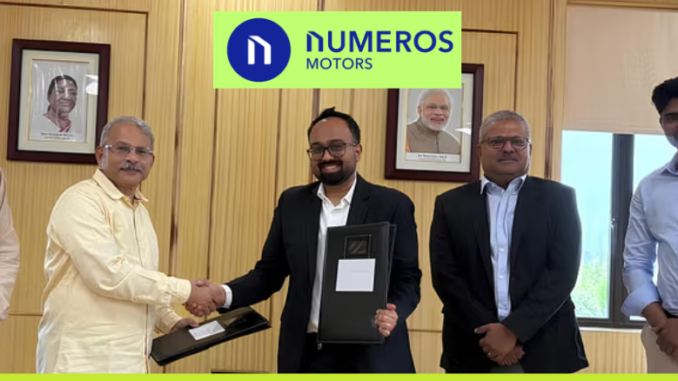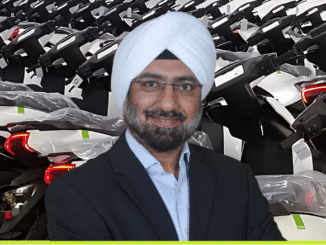
April 2025
In a bid to accelerate sustainable innovation in electric mobility, Bengaluru-based EV startup Numeros Motors has partnered with IIT Bhubaneswar for a ground-breaking research collaboration. The two-year joint project focuses on the development of rare earth-free motor technologies for electric vehicles, addressing one of the most pressing challenges in EV manufacturing—dependency on costly and geopolitically sensitive rare earth elements.
As part of this research pact, experts from IIT Bhubaneswar’s Electrical Engineering Department and engineers from Numeros Motors will co-develop alternative motor designs that eliminate the need for permanent magnets, commonly sourced from rare earth materials. The initiative is expected to lead to non-magnet-based motor designs, improving cost-efficiency, sustainability, and reducing India’s reliance on imported materials.
This collaboration comes at a pivotal time for India’s EV sector, which is scaling up both in terms of adoption and technological capability. By focusing on indigenous development, the project supports the government’s larger goals under initiatives like Make in India and Atmanirbhar Bharat.
Commenting on the partnership, Shreyas Shibulal, Founder and CEO of Numeros Motors, said, “Rare earth-free motor technology represents a transformative leap toward creating truly sustainable and domestically-built electric vehicles. Our partnership with IIT Bhubaneswar is an important step in aligning innovation with affordability and independence.”
The rare earth-free technology being explored could prove a game changer for EV manufacturers by making production more eco-friendly and cost-competitive, while also ensuring supply chain resilience. As global EV demand increases, such innovations are essential for long-term scalability.
The agreement was formalized during a ceremonial signing event attended by leadership from both organizations, underscoring the shared vision of building a greener and more self-reliant mobility ecosystem in India.
As India pushes forward with its ambition to become a global hub for EV innovation, partnerships like these will be instrumental in driving next-generation technologies that are not just market-ready but also planet-friendly.






